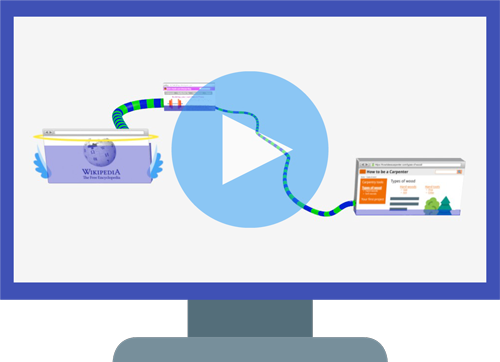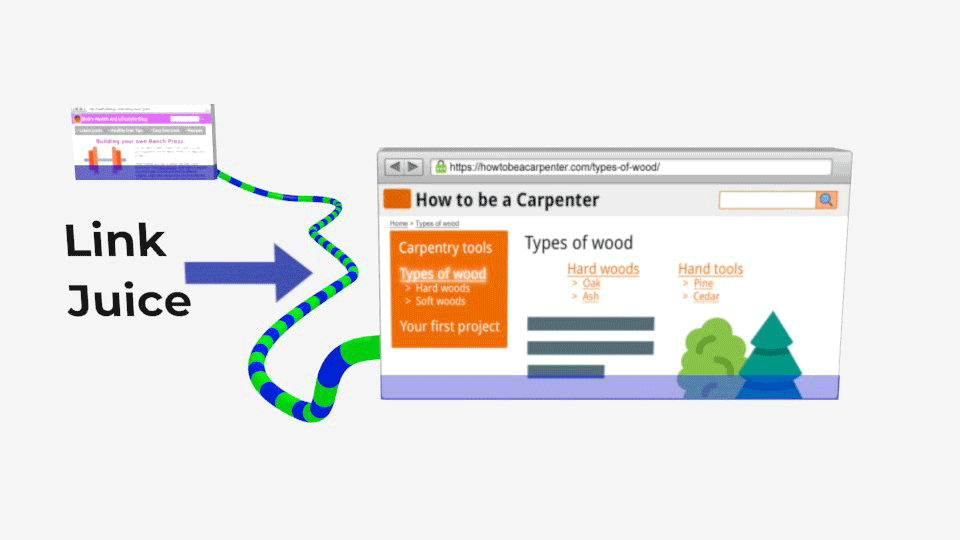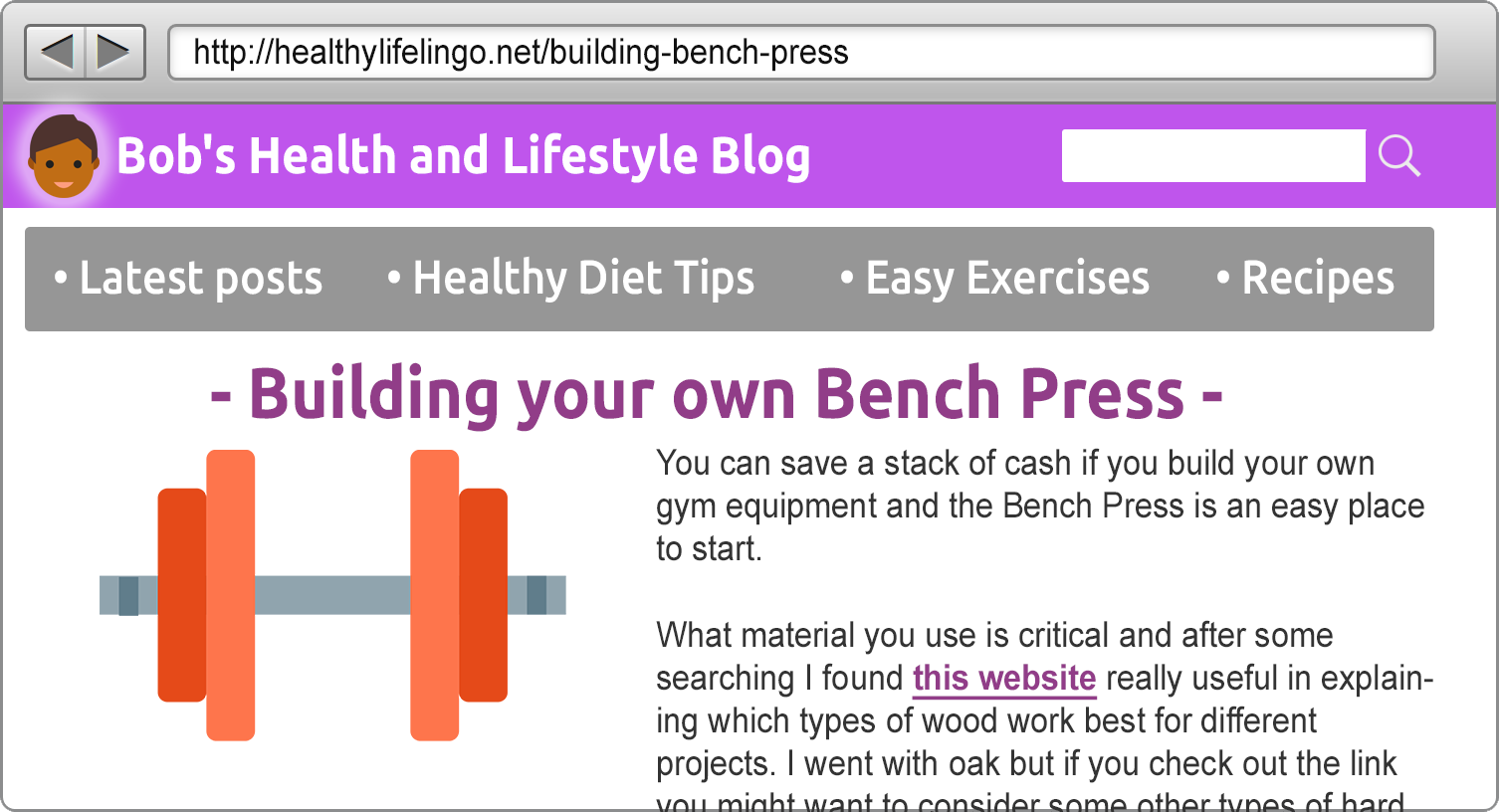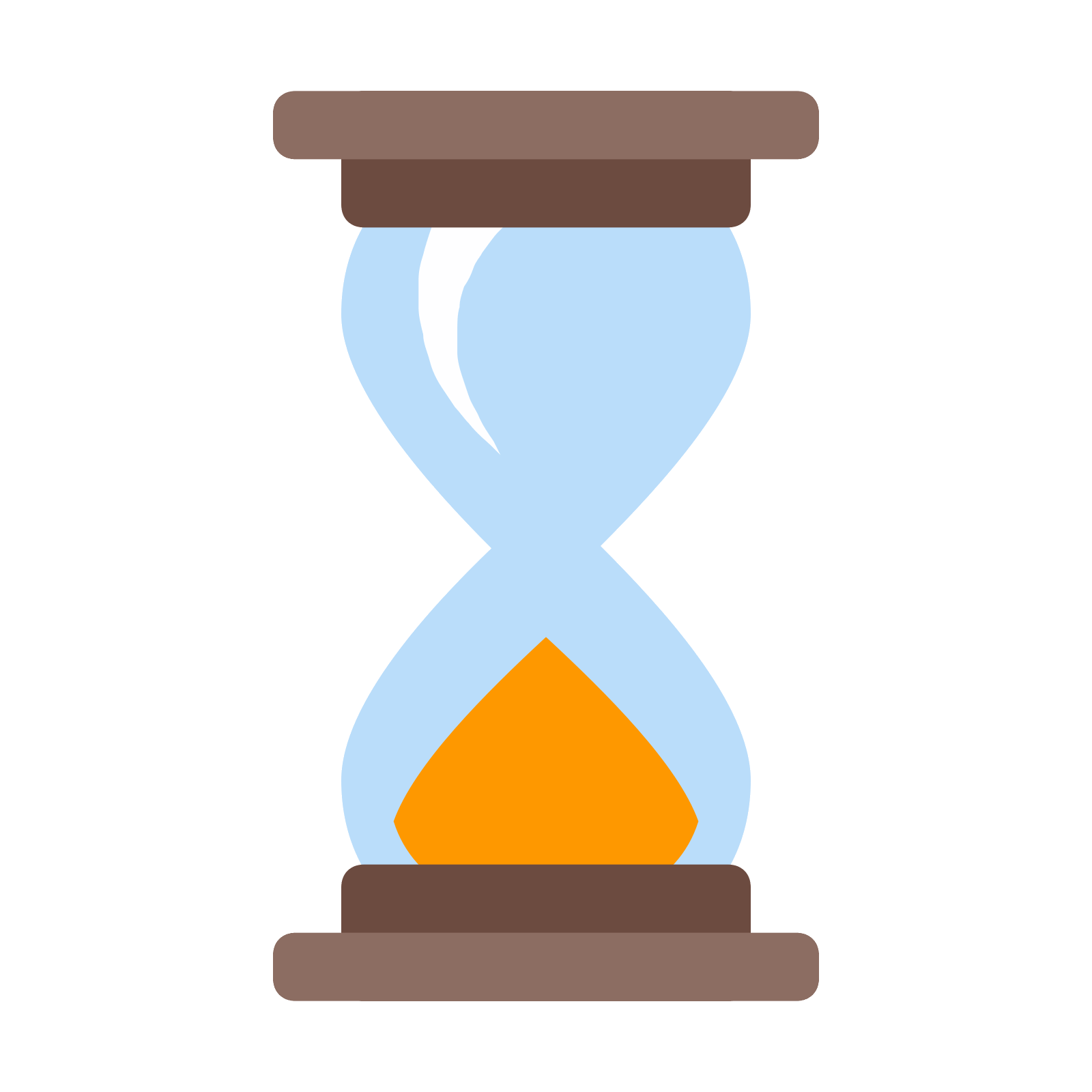
Missed the explainer video?
Watch the Becoming an Authority explainer and get a head start in your knowledge before completing this text element!
Module Text

Missed the explainer video?
Watch the Becoming an Authority explainer and get a head start in your knowledge before completing this text element!

In Module 1 we looked at SEO Scams and Cons so you can avoid the companies that could cause your website considerable harm.
Module 2 covered personalized search so you don't make the very common mistake made by many website owners and think you have good rankings when you don't!
In Module 3 we saw how Search Engines go about deciding who should be in their Search Results Pages and in what order they should rank.
Module 4 was all about deciding what you want to rank for in the SERPs so you don't waste your time trying to compete with much larger players or ranking for phrases no one searches!
Module 5 outlined how we can help search engines understand the basic structure of our website.
In Module 6 we went through how to check if the key elements of a web page are optimized.
In Module 7 we got to grips with how to audit and optimize our code to ensure it is correctly marked up for search engine bots to read and understand clearly.
Module 8 was all about structuring the overall content of your website so search engines can understand your topic areas.
Module 9 covered key areas search engines look for in terms of security, page loading speed and content presentation.

All that we have done so far has been about making the content of pages more readable to a Search Engine bot as well as how we can ensure they understand our website as a whole with its various topics and categories.
This is all On-Page SEO, one of the pillars to excellent ranking in the search results. But what if plenty of other webmasters have done the same? Why should you rank higher than others?
For this you'll need "authority".
There are hundreds of signals that search engines use but they keep most of these top secret. What they have revealed, and what experiments have shown, is that links from other websites play a key role.
Lets return to our How to be a Carpenter website and our page, Types of wood. We've made sure the page is jam packed full of really useful and well presented information about types of wood.
Bob the blogger came across the page and found the content helpful when he was making a bench press so he created a link to it in a post he wrote about making bench presses. We can visualise this as follows:

A link is like a pipe winding through the internet and it carries something called link juice. The more link juice that is passed on, the more authority your page has.
There are 6 key factors that affect the amount of link juice a link passes. Lets look at them one by one.
We start with how much link juice a website has to offer ... and that depends on its authority. Click the cards below to find out who can give you link juice ... and who can't

These are websites with major link juice - the likes of Amazon, Google, CNN, Wikipedia, etc.
They are websites that Search Engines are confident are, and will remain, well run and well moderated against spam.
Some Search Engines keep secret lists of these and refer to them as Seed Sites.

Popular websites that have a large number of good quality links and perhaps even a few links from seed sites fit here
Search Engines don't know if they are around for the long run but they know the pages in their current form deserve authority.

These are clean websites but ones that don't have much authority. Perhaps a family blog or someone's photograph collection that hasn't proved popular!
Links from these websites still count, they just don't have much link juice to give.

Websites set up for the sole purpose of providing links to others or ones full of spammy content can be found here. Search Engines run a constant battle to spot these.
Watch out for Private Blog Networks (PBNs) offering links for sale, when they are rumbled those purchased such links can feel the wrath of a scorned search engine bot!
Link Juice from links that you have purchased is sometimes referred to as toxic link juice because if the purchase is discovered your website could be banned from the SERPs of some search engines.
Where and how the other website places a link to your page has an important impact on the percentage of their link juice that they can pass on.
Click on each hand pointer to explore the image below

If the link in the image above were to our Carpentry website then its a pretty good link. Its the first external link on the page and located high up in the content. Whatever link juice Bob has, we're going to get a pretty good portion of it!

Context is also another factor in the amount of juice that gets passed on. A Wikipedia page about Red Oak has strong overlapping themes with our page about Types of Wood so more link juice!
The link from Bob's blog post about building your own Bench Press discusses which wood to use so has some contextual overlap but the main theme is different so link juice is reduced.
A link from a casino website to our carpentry website would be completely out of context and would be virtually ignored by Search Engines when it comes to link juice.

Search Engine Bots remember when they first find a link to a page. Its their way of understanding if a page is popular now ... or was popular back then.
If one of your pages got some links 5 years ago and nothing since they assume you are less relevant than a web page with a similar topic that got five similar links (in terms of link juice) in the last 12 months.

Any single page on a website has a certain amount of link juice to pass on (determined by the types of links it has). This means the more external pages it links to, the less link juice each one gets.
Pages that are long lists of links (such as some directories) are spreading their link juice very thinly.
But the percentage of link juice you get is not an equal share. The better your link's location (see Factor 2) however, the better your share.

All of the above means nothing if a link is marked 'nofollow' in the code. We can check a website's source code (as we did in an earlier module). Bob's link to our carpentry website might look like this:
<a href="https://woodlife.info/types-of-wood/" rel="nofollow">this website</a>
the 'rel="nofollow"' means Bob is blocking any link juice from flowing our way. This is known as a no follow link. If it looked like this:
<a href="https://woodlife.info/types-of-wood/">this website</a>
... then we are looking good and receiving link juice. This is known as a do follow link.
You may have noticed how many links offered for sale (and so breaching the terms of search engines like Google and Bing) come from PBNs. PBNs are groups of websites designed to look like innocent blogs to Search Engine bots.
Their links seem to tick all the boxes. They offer text links within content on pages with similar themes to yours, even sometimes on a website with a similar theme.
They can work for a while but they have certain giveaways that mean they eventually come crashing in. Notably their posts are fairly short (300 to 1,000 words) and they never establish any authority of their own beyond links from other PBNs because the content is drivel.
When they're rumbled by search engines the whole house of cards comes tumbling down and search engines have been known to hand out penalties far and wide.
Just avoid them.
You may have heard people talk about "link earning". This is where you wait for your content to be discovered but there are legitimate ways to do something known as "link building" - taking proactive action to get links.
Link Building is a subject area in itself and this is a Basic SEO course so we'll just touch on a couple of methods.
These techniques sound simple but of course they take a huge amount of time to research and execute properly. However any links you do get will be long term from solid websites with solid link juice and each link will count far more than hundreds or thousands from spammy PBNs or poor quality directories that no one ever uses.
Has this module highlighted issues with your website or SEO work but you don't know how to resolve them?
Now click the orange button to test your knowledge